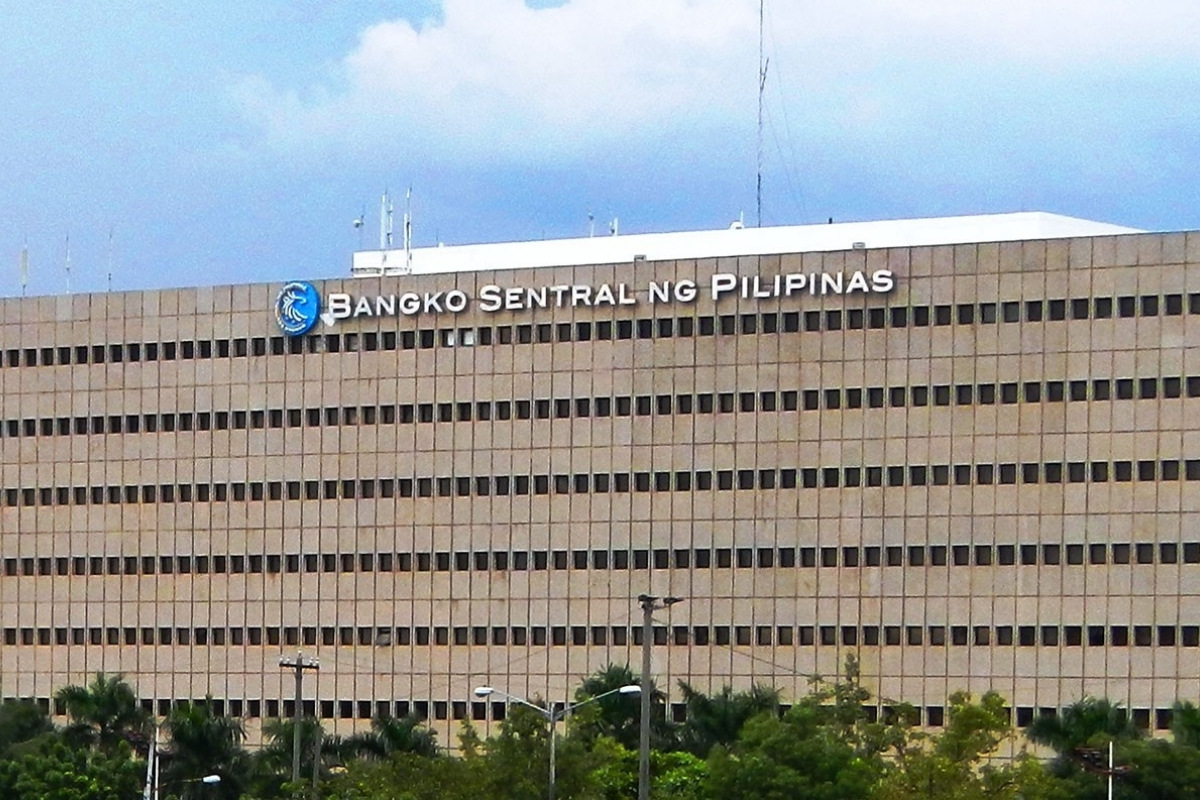Asia
Philippines Bank Chief Says Online Gambling Ban Will Not Impact Local Economy

Philippines Central Bank Governor Benjamin Diokno has told that the banning of online gambling will not have much impact on the Philippines economy.
“There’s some benefits, in terms of if they pay their taxes but there are also some risks. I tend to be risk averse. I’d rather they leave, if I have my way,” Diokno said.
China recently urged Manila to outlaw the cross-border activities it says pose money laundering risks.
Online gambling companies, known in the Philippines as POGOs for Philippine offshore gambling operators, are a boon for the local economy, drawing many visitors from China who work in them, fuelling property demand and retail spending.
Diokno said that the industry contributed only “a few billion” pesos in tax and had little impact on the real estate sector, while he said it presented “a risk of money laundering.”
The Philippine gaming regulator has stopped issuing licenses to online gambling firms. The lawmakers and some ministers have called for tighter controls on Chinese visitors, saying many are illegal workers whose presence raises security concerns.
-

 Latest News5 days ago
Latest News5 days agoPIN-UP Global Transforms into the RedCore Business Group
-

 Asia6 days ago
Asia6 days agoAD STANDARDS COUNCIL HONORS PAGCOR CHIEF
-

 Asia6 days ago
Asia6 days agoMacao Casino Sector Salaries Hit a 10-year High
-

 Asia5 days ago
Asia5 days agoNew Indian Law Aims to Curb Online Money Gambling Sector, Prohibits Related Advertising
-

 Latest News6 days ago
Latest News6 days agoBET9JA BACK BOXING WITH BALMORAL GROUP PROMOTIONS SPONSORSHIP
-

 Latest News6 days ago
Latest News6 days agoHIPTHER Community Voices: AI in iGaming: A Guide to Adoption, Benefits, and Challenges
-

 Asia5 days ago
Asia5 days agoChicken Road Game Launches in India, Expands Mobile Gaming Catalogue
-

 Latest News5 days ago
Latest News5 days agoSOFTSWISS Wins Best Game Aggregator Award in Latin America



















